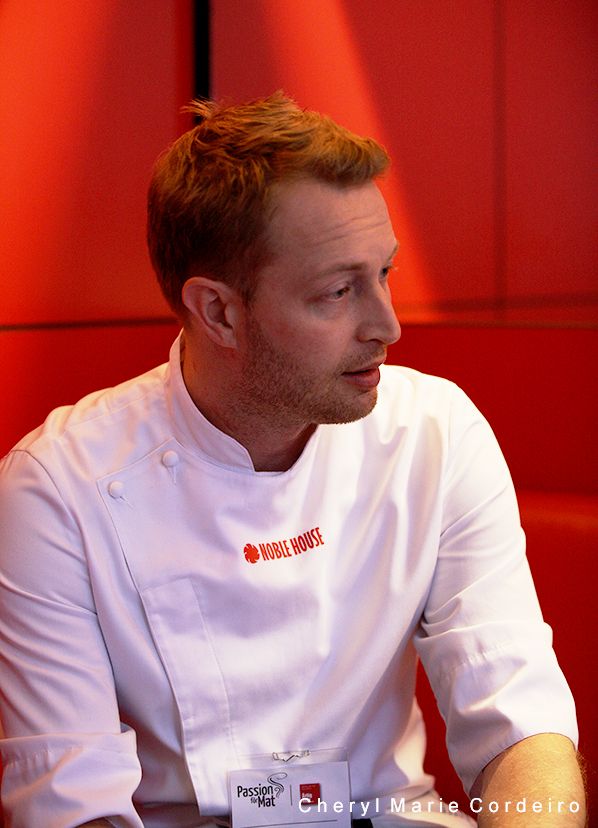Ted Österlin, CEO / Owner of Noble House AB.
Text & Photo © JE Nilsson, CM Cordeiro 2014
Introduction: knowledge intensive economies
Whilst manufacturing production in many OECD countries has declined in recent decades, services however, are on the rise. On average services now account for about 70 percent of OECD GDP. The culinary and gastronomy industry lies within the grey area in the definition of OECD-WTO Trade in Value Added (TiVA) derived from services embodied in the exports of manufactured goods. In the case of Sweden, the country’s services sector has continued to grow from the early 2000s, when its share of the workforce employed within services increased from 67 to 75.2 percent just between the years of 1989 and 2003. Today, Sweden has about 42 percent of its workforce in services-related occupations in manufacturing [1].
In the past decade, the debate on creativity as a driving force for regional economic development in the context of the third wave of globalisation within the academic realm of international business studies has been increasing [2,3,4,5].
